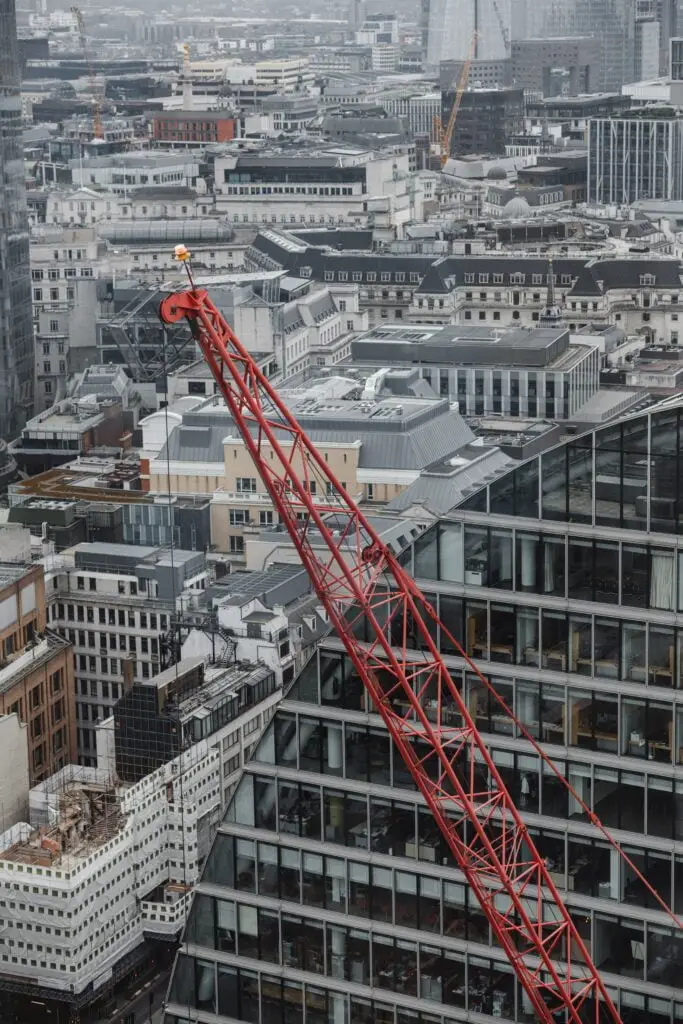Getting a building permit is a must for anyone planning to build, rebuild, or repair a building or structure in the Philippines. It is a legal requirement that guarantees the structure or building is safe and in accordance with local building laws and regulations.
Yet, acquiring a building permit in the Philippines can be difficult due to a variety of issues that applicants may face. In this post, we will examine the most typical issues experienced when acquiring building permits in the Philippines, as well as potential remedies to these issues.
Common Problems Encountered in Obtaining Building Permits and Solution

Delayed Processing of Building Permit Applications
The delayed processing of building permit applications is one of the most prevalent problems encountered when acquiring a building permit in the Philippines. This is typically caused by an application backlog, insufficient manpower, and delayed bureaucratic processes. As a result, an applicant may have to wait weeks or even months before receiving a building permit, causing major delays in the construction project.
Solution:
Applicants should ensure that they have all of the essential papers and requirements before submitting their application to minimize delays in processing building permit applications. It is also a good idea to check in with the local government unit (LGU) on a frequent basis to see how the application is progressing and to supply any extra information or documents that may be requested.
Incomplete or Inaccurate Building Plans and Specifications
Another major issue with obtaining a building permit in the Philippines is the submission of inadequate or incorrect building drawings and specifications. This is frequently due to a lack of knowledge of local construction standards and regulations, or the failure to hire a certified architect or engineer to produce the plans and specifications.
Solution:
To avoid this issue, applicants should ensure that the building plans and specifications are prepared by a qualified architect or engineer. It is also recommended to contact with the local LGU to ensure that the plans and specifications adhere to local building codes and regulations.
Non-Compliance with Environmental Regulations
Construction projects in the Philippines must adhere to environmental standards, including getting an Environmental Compliance Certificate (ECC) from the Department of Environment and Natural Resources (DENR). Failing to comply with environmental standards may result in delays in obtaining a building permit or possibly permission cancellation.
Solution:
Applicants should acquire an ECC from the DENR before filing their building permit application to avoid noncompliance with environmental legislation. It is also prudent to speak with the DENR to guarantee that the construction project will not have a negative impact on the environment.
Corruption and Bribery
Unfortunately, corruption and bribery are still rampant in the Philippines, and this can have an impact on the process of acquiring a building permit. Applicants may be approached by officials who demand bribes or kickbacks in exchange for expediting or approving their building permit application.
Solution:
Applicants should follow the legal process and requirements for getting a building permit to avoid corruption and bribery. They should also report any instances of corruption or bribery to the appropriate authorities, such as the Ombudsman’s Office or the Anti-Corruption Commission.
Lack of Transparency and Accountability
Another issue with acquiring a building permit in the Philippines is the process’s lack of openness and accountability. Applicants may face officials who provide little information about the progress of their application or who refuse to accept responsibility for delays or faults in the process.
Solution:
Applicants should ensure that they document all interactions with the LGU and retain a record of all documents and requirements supplied to address the lack of openness and accountability. If customers have any problems with the process, they can register a complaint with the local OBO or the applicable government body.
Conclusion
To summarize, acquiring a building permit in the Philippines can be a difficult procedure due to a variety of issues such as delayed processing, incomplete or incorrect building designs, non-compliance with environmental standards, corruption, and a lack of openness and accountability. However, applicants can ensure that they acquire their building permit in a timely and lawful manner by being aware of these problems and taking the appropriate actions to overcome them.
It is critical for applicants to recognize that acquiring a building permit is not only a legal obligation, but also a critical step in guaranteeing the building’s or structure’s safety and compliance. Applicants can ensure that their construction project is safe and sustainable by adhering to local building norms and regulations.
Furthermore, the government must address the difficulties encountered in acquiring building licenses in the Philippines. This can be accomplished by implementing more efficient processes, providing adequate staff and resources, and encouraging transparency and responsibility throughout the process.
Finally, while acquiring a building permit in the Philippines can be difficult, it is a necessary step in guaranteeing the safety and compliance of construction projects. Applicants can receive their building permit in a timely and lawful manner by recognizing the common obstacles faced during the procedure and taking the required steps to solve them. Furthermore, the government must address these issues and promote a more efficient and open process for getting permits.
To see other material construction, please see here.
To know other construction guides, tips, and methodology for beginners, veterans, and contractors, please see here.

